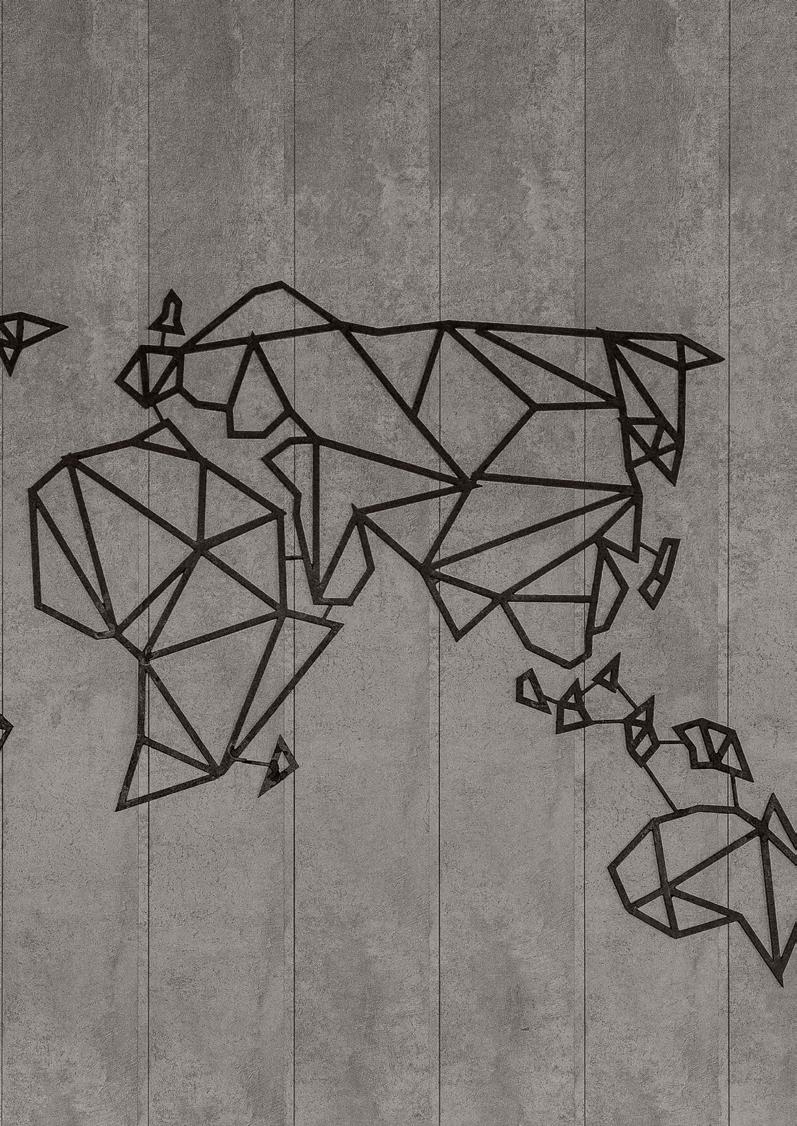
5 minute read
History an the importance of names - Vitória
History and the importance of names
One of the aspects I’ve always loved about (studying) History is that it makes you smarter. A bit like a superpower, or a “third eye”, so to speak, it helps you see layers in reality, in everyday life, in the political arena that are not evident to a less trained eye.
Advertisement
Studying History leads us to realize that what we live today is not natural, not given, something that has been here forever and forever will remain so, but instead the result of concrete historical moments, geographical spaces, decisions, perceptions, cultural practices and traditions - broader contexts - and that it may be changed. This applies to the country we live in, the kind of relationships that we nurture and that are socially normal to have, how we dress, or how we call a certain profession, institution or event.
That’s what I wish to discuss here, specifically: how we call things. The choice of names is usually considered a very banal activity - everybody and everything has to have a name commonly acknowledged so that we can refer to it and understand what/who we’re talking about. Right? Well, there’s more to it than that. And this is a simple yet tremendously important benefit that historical knowledge brings to our critical sense. How so?
Well, for a start, giving a process a certain name (nobody and nothing is born with a name, not you, not me, not anything in history or in current events) conveys a certain assessment of it. An evaluation of a situation, the level of gravity or unimportance of a problem, who is to blame or to be applauded for it, what’s to be done, how and by whom. A name is a representative of the narrative around something - an institution, a crisis, a country, a people - how it is framed, and who is the group that sets the tone.
Let’s land this statement in a few examples. The process of fragmentation of a certain region or state into smaller regions or states, more often than not in a belligerent or not really friendly manner, a tone that keeps on characterizing their relations, is geopolitically baptised “Balkanization”. Yes, it does make a (negative) reference to the history of the Balkan peninsula and its political changes overtime. Even though it is true that the states that exist today in the region were not exactly the same thirty or a hundred years ago, and throughout the nineteenth century, it is also true that other regions of the globe have gone through similar processes but none has received such a strong association with political instability and hostility.
Also, the arrival of Christopher Columbus in 1492 in the territory of the continent today we call “Americas” is most generally called “the discovery of Americas”, although this is contested by many Historians today. It could be called anything else, “The disaster of Americas”, “the encounter with Americas”, but the denomination that stayed is “the discovery of Americas”. It shows that this history is/was majorly told by the Western European colonizers’ point of view and that of their descendants, because it basically says the continent wasn’t known for them until then and thus, for the universal history they tell, it didn’t exist until then. The second name would tell us of the perspective of the natives of the region - millions of indigenous people died of diseases brought from overseas and were killed in several forms of exploitation, not to speak of their cities, social systems, languages, cultures that were to a large extent wiped out of the face of Earth - a disaster. The third name, on the other hand, “encounter”, would tell us that (at least) two different, but equally recognized and dignified, peoples that didn’t know each other met in this event, that brought two worlds together. (All this not to mention the fact that none of the peoples who inhabited the continent before colonizations called it Americas, but in some regions Abya-Yala, in others Tawantinsuyu, names almost nobody knows nowadays, and the Americas were so named because of Américo Vespuccio, an explorer from Florence who was in what today is Brazil and realized that the stars he saw from there were not the same as the stars he saw from where he was born, and so it must be another continent altogether.)
Similarly, when something is called a “crisis”, and not an “issue”; a “war” and not a “conflict”; “reunification” and not “foundation”; a “revolution” instead of a “reformation” or a “coup”; when we call for “austerity” and not “more efficient/ socially sensitive investment/ expenditure”, each of these names sends a certain interpretation of events, a certain message to us on how to read it, how act individually and collectively, what is the past and the future that are being built. It is powerful, it can trigger (very different) reactions or paralyse them, and we should not take them lightly.

I don’t mean that every message we receive is a lie or a twist of events meant to manipulate us. Not at all. Sometimes, names such as “pandemic”, “epidemic” or “endemic” are important categories to analyse situations and guide us on how best to live them, for our own good. I just mean that we should be conscient of the fact that there’s no neutrality or accident in how we call things or how names are used. And that if we are aware that things are named and don’t have a name, we can examine or try to know a bit more about the process that generated such a nomenclature, how it is used and be critical to it, thus being free to judge by ourselves if we find it more or less adequate and should act according to it or question it.
Vitória dos Santos Acerbi Design - Ewelina Chańska











